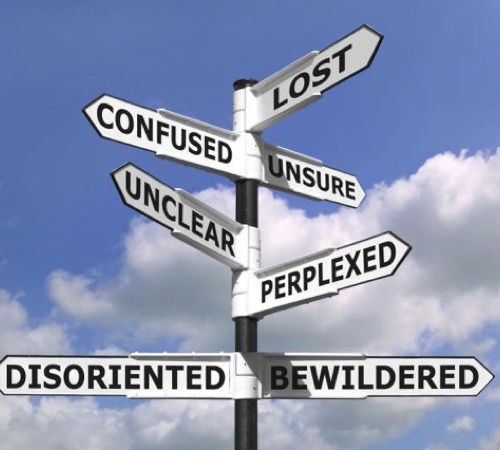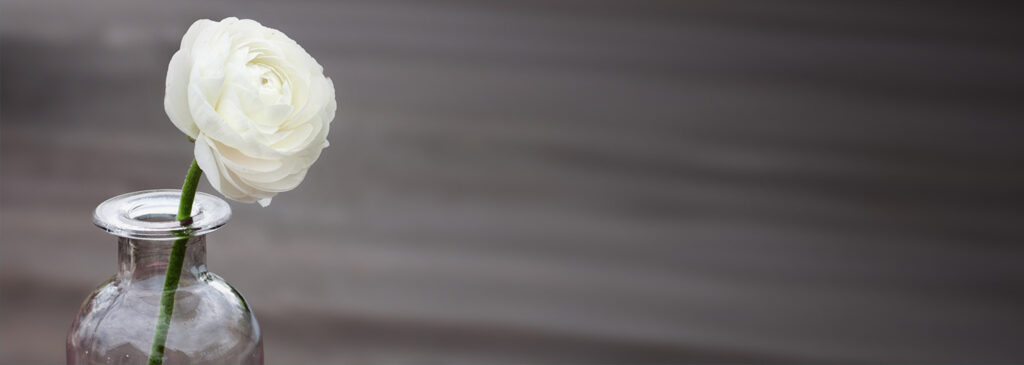I am listening to the BBC News as I share this post – and aware of how uncertain and fragile our life continues to be. Changes in infection rates, uncertainty in the jobs market and chaos with our holiday plans continue.
Here are some thoughts on recent months:
I wonder how you are and how the months of collectively experiencing a stripped-back version of our lives has felt? It has been perplexing and even illuminating for me. In these long periods of isolation, we have had to face ourselves more intensely, and the many things we have had to give up.
Loss and grief has shaped our horizons. We need to name these realities and deal with them if we are to have any hope of human flourishing. Lament and lamenting are fundamental aspects of the human condition. make-up. Finding ways of expressing our fragilities can help us to live well for each other. Listening to these experiences offers connection and builds community.
On meeting (at a distance) a visitor recently, I had to quickly retreat and pull back my outstretched hand. We need reminders to counter our instinct to touch. Long hours on screen, and enduring isolation have filled hours and days. Some have lost work, and have more unscheduled time than they would like.

Changes to the way we mark major life events – and deaths – add to the grief. It was hard not to be able to travel to Durham when my Dad was rushed into hospital last month. We are saddened by the postponed weddings, grieve for the pain of socially distanced funerals and for those who have died alone.
There is sadness and anger too about those who have suffered disproportionately — those from Black, Asian and minority ethnic backgrounds and those who are poor. We also remember those who endured health risk for low-wage jobs: the delivery van drivers, and those who have kept our supermarkets open.
Small losses also add to our grief. I have missed our cinema here in Salisbury, a shared drink in the local pub, restaurant meals, and a chat over a coffee.
And yet we haven’t fully absorbed the impact of this pandemic upon the life of our households, our work, this city and the world.
Have these lockdown days held a mirror up to us? We may have encountered things about ourselves which had been allowed to hide behind the security of what has now been given up. The noise and activity and distractions that prevent us from living with the mess of living.
There is much talk about the new normal. But it is not inevitable that as we move towards this new normal state that we will learn from the sadness and injustice.
If we are to learn, we need to start by acknowledging and sharing our experiences of loss and grief. Expressing our emotions of grief is a sign of strength rather than weakness. Doing so might help us to better share our values to shape a sustainable way of life. To be gentle. To offer understanding. To share vulnerability and human limitation. To be just and kind.
This can start with naming our loss and grief and so lament for what we have lost.
First published in the Salisbury Journal July 2020

